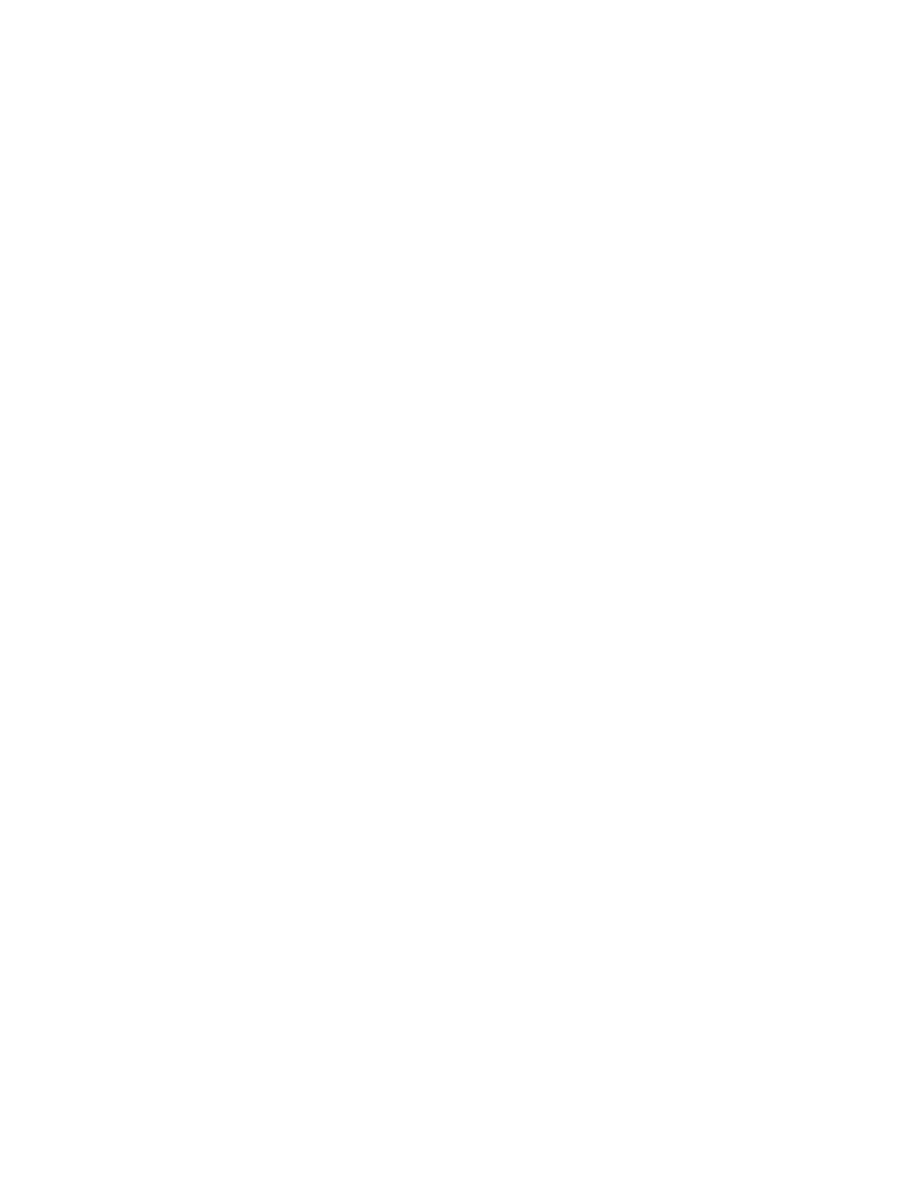
473
Federal Aviation Administration, DOT
§ 135.297
6th calendar month before that service,
that pilot has passed an instrument
proficiency check under this section
administered by the Administrator or
an authorized check pilot.
(b) No pilot may use any type of pre-
cision instrument approach procedure
under IFR unless, since the beginning
of the 6th calendar month before that
use, the pilot satisfactorily dem-
onstrated that type of approach proce-
dure. No pilot may use any type of non-
precision approach procedure under
IFR unless, since the beginning of the
6th calendar month before that use, the
pilot has satisfactorily demonstrated
either that type of approach procedure
or any other two different types of non-
precision approach procedures. The in-
strument approach procedure or proce-
dures must include at least one
straight-in approach, one circling ap-
proach, and one missed approach. Each
type of approach procedure dem-
onstrated must be conducted to pub-
lished minimums for that procedure.
(c) The instrument proficiency check
required by paragraph (a) of this sec-
tion consists of an oral or written
equipment test and a flight check
under simulated or actual IFR condi-
tions. The equipment test includes
questions on emergency procedures, en-
gine operation, fuel and lubrication
systems, power settings, stall speeds,
best engine-out speed, propeller and su-
percharger operations, and hydraulic,
mechanical, and electrical systems, as
appropriate. The flight check includes
navigation by instruments, recovery
from simulated emergencies, and
standard instrument approaches in-
volving navigational facilities which
that pilot is to be authorized to use.
Each pilot taking the instrument pro-
ficiency check must show that stand-
ard of competence required by
§ 135.293(e).
(1) The instrument proficiency check
must—
(i) For a pilot in command of an air-
plane under § 135.243(a), include the pro-
cedures and maneuvers for an airline
transport pilot certificate in the par-
ticular type of airplane, if appropriate;
and
(ii) For a pilot in command of an air-
plane or helicopter under § 135.243(c),
include the procedures and maneuvers
for a commercial pilot certificate with
an instrument rating and, if required,
for the appropriate type rating.
(2) The instrument proficiency check
must be given by an authorized check
airman or by the Administrator.
(d) If the pilot in command is as-
signed to pilot only one type of air-
craft, that pilot must take the instru-
ment proficiency check required by
paragraph (a) of this section in that
type of aircraft.
(e) If the pilot in command is as-
signed to pilot more than one type of
aircraft, that pilot must take the in-
strument proficiency check required by
paragraph (a) of this section in each
type of aircraft to which that pilot is
assigned, in rotation, but not more
than one flight check during each pe-
riod described in paragraph (a) of this
section.
(f) If the pilot in command is as-
signed to pilot both single-engine and
multiengine aircraft, that pilot must
initially take the instrument pro-
ficiency check required by paragraph
(a) of this section in a multiengine air-
craft, and each succeeding check alter-
nately in single-engine and multien-
gine aircraft, but not more than one
flight check during each period de-
scribed in paragraph (a) of this section.
Portions of a required flight check may
be given in an aircraft simulator or
other appropriate training device, if
approved by the Administrator.
(g) If the pilot in command is author-
ized to use an autopilot system in place
of a second in command, that pilot
must show, during the required instru-
ment proficiency check, that the pilot
is able (without a second in command)
both with and without using the auto-
pilot to—
(1) Conduct instrument operations
competently; and
(2) Properly conduct air-ground com-
munications and comply with complex
air traffic control instructions.
(3) Each pilot taking the autopilot
check must show that, while using the
autopilot, the airplane can be operated
as proficiently as it would be if a sec-
ond in command were present to han-
dle air-ground communications and air
traffic control instructions. The auto-
pilot check need only be demonstrated
once every 12 calendar months during
VerDate Sep<11>2014
08:20 May 17, 2019
Jkt 247048
PO 00000
Frm 00483
Fmt 8010
Sfmt 8002
Y:\SGML\247048.XXX
247048